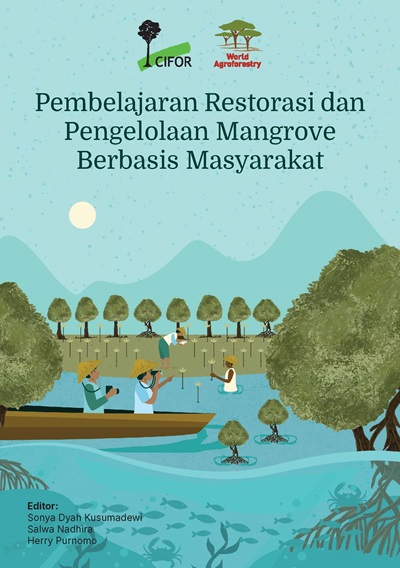Forest tenure reform has opened economic and livelihood opportunities for community forestry management through the devolution of management rights under broader decentralisation reforms. However, the transfer of rights and associated power to forest communities is usually partial. The view of property as composed of 'bundles of rights' allows for the disaggregation of rights transferred from government to local people. In practice, it is common that rights held by natural resource stakeholders encompass only part of the rights bundle. This partial transfer of rights shapes community forestry institutions and the manner in which they function. When communities and state agencies share responsibilities and benefits of forest management, they collaborate within co-management systems. Co-management systems are attractive to governments because they open avenues for local participation in resource governance and more equitable benefit-sharing while maintaining some level of state control. However, co-management systems can place a greater burden on community level actors without providing the corresponding benefits. As a result, co-management can fail to meet expectations. In response, the promotion of community forestry may require greater emphasis on adjusting forest regulatory frameworks, institutions, and agencies, to allow more freedom by community-level actors in developing forest management systems
Download:
DOI:
https://doi.org/10.4103/0972-4923.97481
Altmetric score:
Dimensions Citation Count:

























